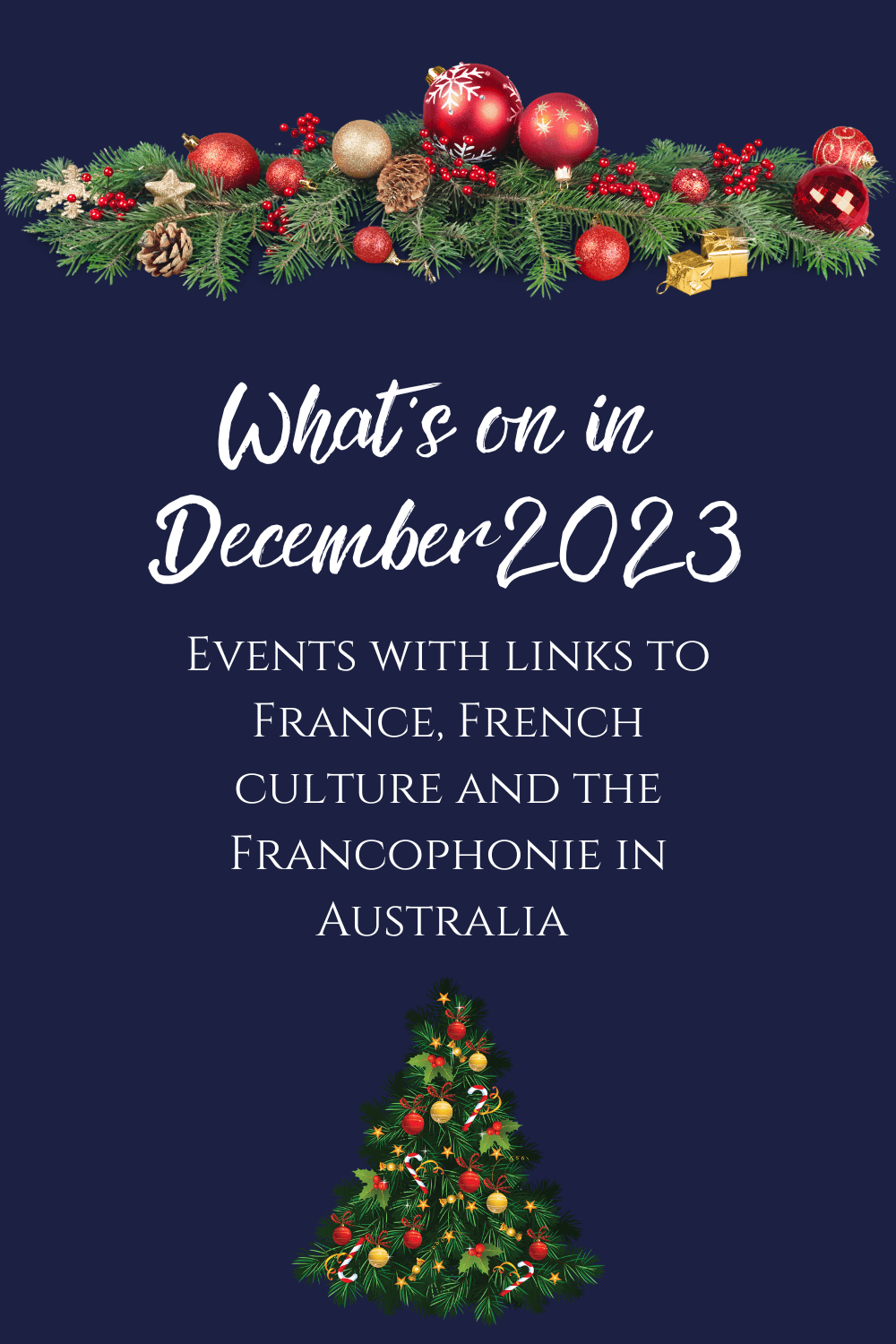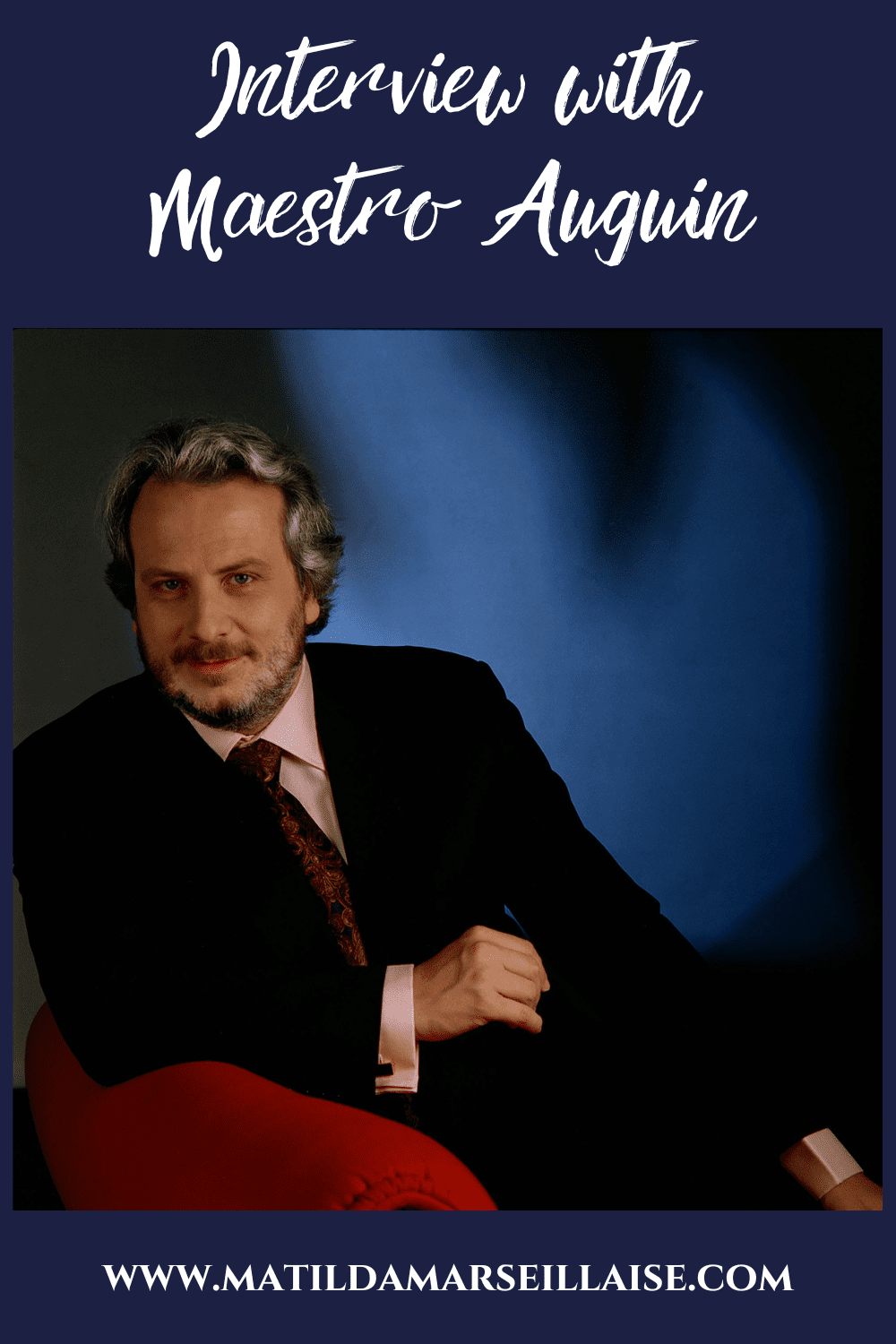Do you want to find out about French Easter traditions? Did you know that in most of France (except for Alsace with its Germanic history), Belgium and francophone Switzerland, it is not the Easter Bunny but the church bells that deliver the Easter chocolates? To find out more, read on.

Pâques: The French word for Easter
There are two widely supported theories as to how the French word for Easter, Pâques came to be. One is that it comes from the Latin word ‘Pascua’ meaning “food”. The other is that it comes from the Jewish Easter “Passa’h” (or Passover in English).
But why bells?
For several centuries in Belgium, France and Italy, the ringing of church bells has been banned between the Thursday before Easter and Easter Sunday. To explain why the bells weren’t ringing, children were told that the bells were flying to Rome to be blessed by the Pope. Upon their return, they would sound and drop the chocolate eggs, chickens, and rabbits, so eagerly awaited by the children, in the gardens.

Whereas, in Alsace, as in Australia, the Germanic tradition of the Easter bunny continues.
Easter eggs
The giving of Easter eggs dates back to the 4th century but not in their chocolate form. Meat and eggs were not allowed to be eaten during the 40 days of Lent so on Easter Sunday all of the eggs from that 40 day period were used to make an omelette (more about a flow on from that tradition below).
Easter meals
Roast lamb is a traditional Easter Sunday meal. It’s believed to have sprung (excuse the pun) from the Hebrew tradition of sacrificing a sacred lamb for Easter. Traditionally seasoned with provençal herbs, cumin, garlic and olive oil, the lamb is served with green or flageolet beans and potatoes.

Whereas Alsace has a different take on Easter lamb. It has a special lamb shaped Easter cake which is covered in icing sugar called Lamalas de Pâques. It’s also known as “Oschterlämmele” (for the lower Rhine area) or “Oschterlammala” (in the upper Rhine area).

In the rest of the France, there is a ring-shaped pastry with a coloured Easter egg in the middle which is called the gâche de Pâques.
Giant omelette
In the French town of Bessières, Easter Monday sees a massive omelette made with 15,000 eggs! Several chefs from the organisation called Knights of the Giant Omelette will use giant wooden spoons to cook the omelette in the town square. A similar event also takes place but with 10,000 eggs, in Malmedy, in South-Eastern Belgium.

Public holidays
In France and Belgium, Good Friday is not a public holiday. In 24 of the Swiss cantons, however it is.
Some key French vocabulary for Easter
Pâques – Easter
Joyeuses Pâques – Happy Easter
Les Cloches de Pâques – the Easter bells
Les cloches sont passées! – The Easter bells have visited!
l’Osterhase (le lièvre de Pâques) – the Easter bunny in Alsace
La gâche de Pâques – Easter brioche
Œuf en chocolat – chocolate egg
Les chasses aux œufs – Easter egg hunts
Le Carême – Lent
Vendredi Saint – Good Friday
Dimanche de Pâques – Easter Sunday
Did you know about these French Easter traditions? Joyeuses Pâques!
For other French traditions, read our article about the Poisson d’avril. To find out about events with French links happening around Australia and online, read our what’s on in April article





